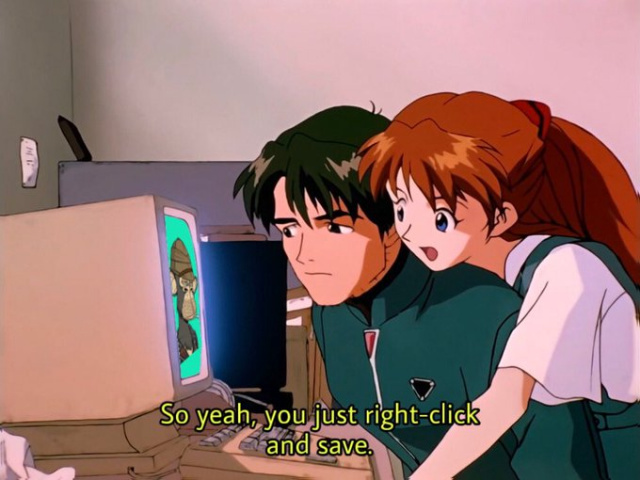Dan Rather on the lack of grieving for the people the pandemic has hurt or killed.
psychology
"Herschel Walker, the former professional football player running for Senate in Georgia, is accused of repeatedly threatening his ex-wife’s life, but won Mr. Trump’s endorsement and appears to be consolidating party support behind his candidacy."When there are no legal or professional consequences for domestic violence, violent people get promoted to powerful positions. Republicans admire a history of violence in their candidates.
"Right-clicker-mentality is a value we should all aspire to. As Matthew Gault wrote on Motherboard: “Sometimes a word or phrase comes along that’s so perfect it almost makes you angry.” “To right-click is one thing, but to have a right-clicker mentality implies an ontological break between crypto-fans and critics.”"I really like this turn of phrase. Right-clicking implies being a power user, being curious, using more than default settings. Right-clicking can lead to viewing a page source which can lead to all sorts of learning and control over what you're consuming. If everyone had right-clicker-mentality, features like blocking view-source in Chrome wouldn't be a possibility.

p.s. Here's a good NFT joke.
"The loud, ideological anti-vaxxers exist, and it’s not hard to understand the anger directed at them. All this may make it seem as if almost all the holdouts are conspiracy theorists and anti-science die-hards who think that Covid is a hoax, or that there is nothing we can do to reach more people. Real-life evidence, what there is, demonstrates that there’s much more to it."Zeynep Tufekci adds more depth to the picture of people who won’t get vaccinated.
"CAPTCHA images are never joyful vistas of human activity, full of Whitmanesque vigor. No, they’re blurry, anonymous landscapes that possess a positively Soviet anomie."more like post-apocalyptchas, right?
"One thing you see a lot on here is people pointing out the contradictions in the putative views of Trump’s GOP. COVID is a Chinese plot but also a hoax. The insurrection was antifa but also a tour of patriots."Twitter thread explaining why the contradictory beliefs of Trumpism are a feature not a bug.
"The countercultural movement’s pursuit of peace, love and understanding was a worthy goal. This time around, let’s make sure our quests for self-transformation and world-transformation are aligned."My friend Stuart on the need for new ethics around mental health treatment with newly legal psychedelics.
Great podcast episode about those mystery Chinese seeds that people were getting in the mail a while back. It's a good story that touches on our collective paranoid psychology, Amazon scams, government agencies, international shipping, and the weight of seeds.
"Even if recounts and/or continued vote tallies somehow managed to overturn Biden’s lead in these states and give them to Trump, the president would still be below 270 electoral votes needed to win the election. Biden would still be the winner. That’s why all major news organizations declared him so Saturday."Our current authoritarian dumpster fire is a systemic Republican party problem, not a problem with particular individual Republicans. If it wasn't clear already the entire party is currently working hard to cement baseless election conspiracy theories in their followers. Calling it curious is a curious word choice.
"That’s where the fight lies. In understanding that however systemic the suppression of truth and trust might feel, there are still more of you than there are of them. The effort to say you are nothing and deserve nothing isn’t actually erasure. It’s actually their fear showing. And that fear in turn suggests that you still have more power than you may know."The cruelty is the point.
"But there was no sweeping transformation in the way many of the president’s most devoted supporters view the virus — and no sense of urgency to alter their behavior to better protect themselves. The president’s many arguments about the coronavirus...seemed to inoculate many in the Trump camp against rethinking their approach to the virus."This cult of personality and magical thinking will not change easily and the damage it causes is going to be with us for a long time.
Jason connects conspiracy thinking with Hannah Arendt and it is depressing.
If everybody always lies to you, the consequence is not that you believe the lies, but rather that nobody believes anything any longer.I have to hope that some strain of American skepticism still exists somewhere but it definitely feels like it's fading in the face of social media peer groups.